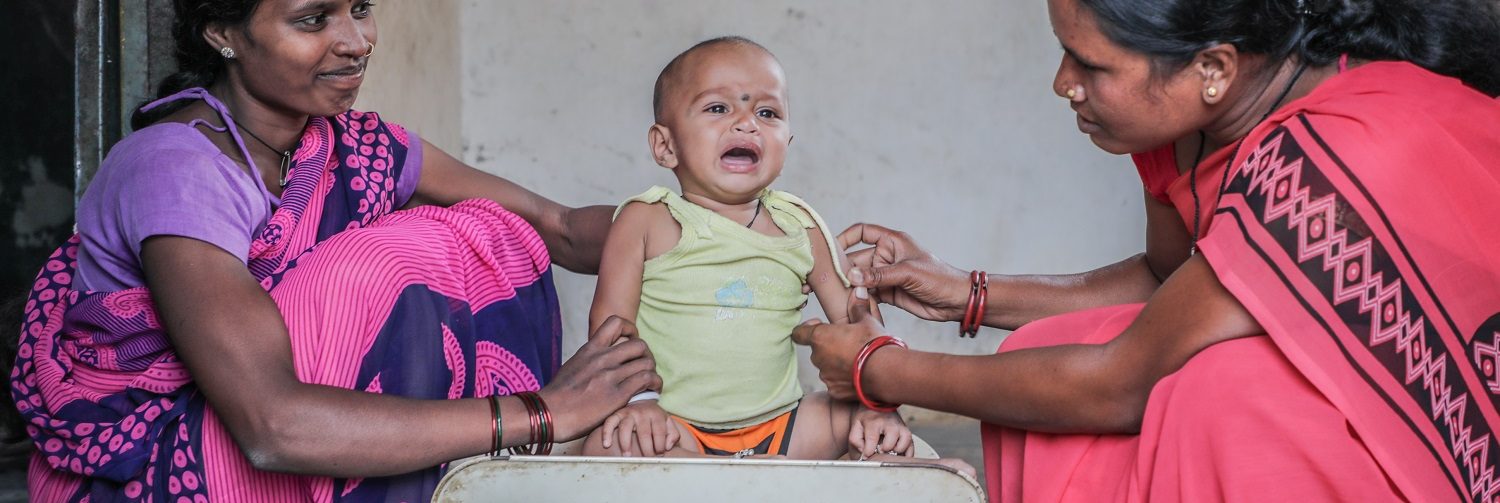Punjab, situated in the north-western plains of India, accounts for 1.5 percent of the country’s area and includes 22 districts. The state is home to more than 27 million people (2.3 percent of the population of India) of which 75.8 percent are literate. Punjab has a sex ratio of 895 females per 1,000 males (Census of India 2011). The state, largely agricultural, contributes to nearly two thirds of the total production of food grains and a third of the total production of milk in the country. The per capita income in Punjab is twice the national average (Government of Punjab 2017).
Our knowledge products related to Punjab include the following:
- 2022: Read our State Nutrition Profile for Punjab (NFHS-3 (2005-2006), 4(2015-16) & 5 (2019-2020), that describes the trends for a set of key nutrition and health outcomes, determinants, and coverage of interventions from 2006 to 2020. The findings are based on estimates from unit-level data and/or data from national and state reports for NFHS-3 (2005-2006) and NFHS-4 (2015-2016), and data from state factsheets and reports for NFHS-5 (2019-2021). In addition to standard prevalence-based analyses, this State Nutrition Profile includes headcount-based analyses aligned to POSHAN Abhiyaan’s goals.
- 2018: For deeper insights into the coverage of key nutrition and health interventions in the state, with district-wise status, read our Data Note that describes the coverage of a set of key nutrition and health interventions and highlights the key areas of action to improve nutrition in Punjab.
- 2017: A Policy Note to examine the trends in undernutrition in Punjab, regional variability in the major determinants of nutrition and the coverage of key nutrition and health interventions.
For a deeper view of malnutrition and its multiple determinants in Punjab’s districts, please access District Nutrition Profiles (DNPs) for each district below.
District |
Download PDF (NFHS-4) |
Download PDF (NFHS-4&5) |
| Amritsar | English | English |
| Barnala | English | English |
| Bathinda | English | English |
| Faridkot | English | English |
| Fatehgarh Sahib | English | English |
| Fazilka | NA | English |
| Firozpur - Aspirational District | English | English |
| Gurdaspur | English | English |
| Hoshiarpur | English | English |
| Jalandhar | English | English |
| Kapurthala | English | English |
| Ludhiana | English | English |
| Mansa | English | English |
| Moga - Aspirational District | English | English |
| Muktsar | English | English |
| Pathankot | NA | English |
| Patiala | English | English |
| Rupnagar | English | English |
| Sahibzada Ajit Singh Nagar | English | English |
| Sangrur | English | English |
| Shahid Bhagat Singh Nagar | English | English |
| Tarn Taran | English | English |
This Data Note describes the trends for a set of key nutrition and health outcomes, determinants, and coverage of interventions. It is crucial to understand the coverage of nutrition and health interventions to gain further insights into their effectiveness and Punjab, situated in the north-western plains of India, accounts for 1.5 percent of the area of the country and includes

